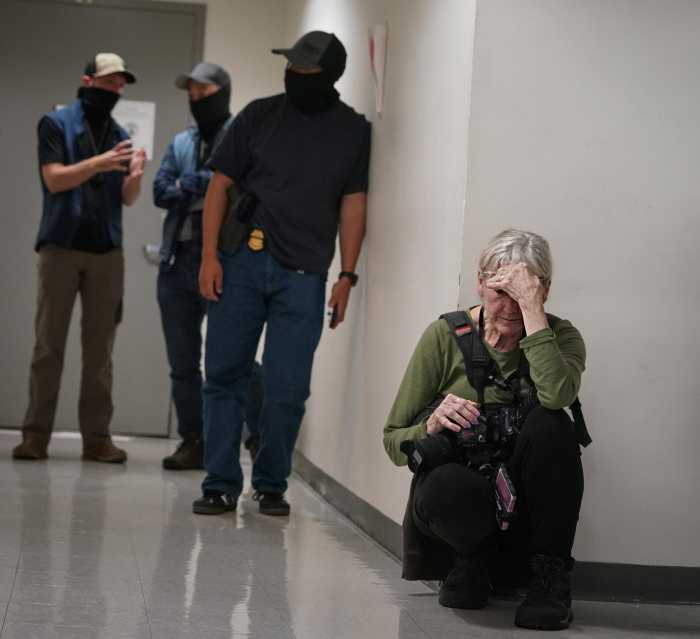New York State government officials recently reached an agreement to make human trafficking a felony-level crime and to provide support for the victims. The bill passed the State Senate recently, and was up for review in the State Assembly as of Tuesday, May 22. The Governor has already announced his support for the proposed legislation.
“Updating and enhancing our human-trafficking laws to adequately punish the perpetrators of these unspeakable crimes and sufficiently support victims is critically important,” said Governor Eliot Spitzer. “New York is finally joining the ranks of other states in ensuring that those who exploit innocent people and children and cause extreme suffering are subject to strict punishment under state law.”
For the past two years, efforts to reach a compromise on a bill failed in the State Legislature, but this year Senators were able to find middle ground by providing state services for victims and toughening penalties for traffickers, sex-tourism agents, and johns.
“By strengthening and expanding the scope of state law, we are sending a clear message to individuals engaged in this disgusting practice of modern day slavery – you will be punished to the fullest extent of the law,” said State Senator Frank Padavan.
As part of the new bill, traffickers who promote prostitution can be convicted of the class B felony of Sex Trafficking – a charge punishable by three to 25 years in prison. Traffickers who exploit workers and force them to work in other jobs face the charge of a class D felony – Labor Trafficking – punishable with three to seven years.
The bill would also clarify a current statute on the books to hold travel agents accountable for knowingly selling trips to countries where prostitution is legal. And the lowest charge of patronizing a prostitute would be upped from a B- to an A-level misdemeanor.
The bill would allow trafficking victims access to state social services, including emergency temporary housing, health care, drug addiction screening and treatment, translation services, and job training, even if they are not U.S. citizens. Victims could also obtain special visas to stay in the country to testify against the traffickers and eventually become eligible for refugee status.
“It was critical to me that the victims in human trafficking cases be treated not as evidence in a crime, but as human beings,” said State Senator John Sabini.
Under the bill, an interagency task force on trafficking would also be created to collect data and recommend ways to train police and volunteers to treat victims.































